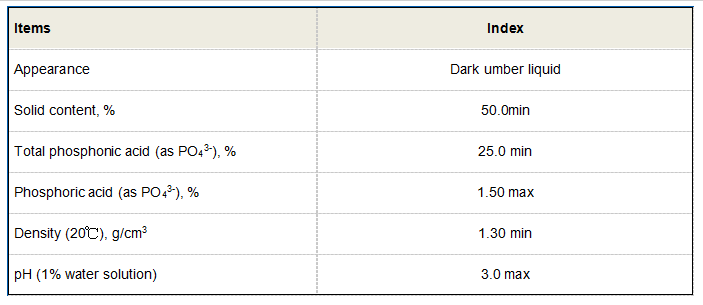Exploring the Applications and Benefits of Benzyl Isothiazolinone in Modern Formulations
Understanding Benzyl Isothiazolinone An Overview
Benzyl isothiazolinone, often abbreviated as BIT, is a chemical compound that has garnered attention in various industries, particularly in the realms of cosmetics, personal care products, and industrial applications. As a biocide and preservative, its primary function is to inhibit microbial growth, thereby prolonging the shelf life of products and ensuring safer use for consumers.
Isothiazolinones are a class of compounds that are known for their effectiveness against bacteria and fungi. Benzyl isothiazolinone, in particular, is favored for its potent antimicrobial properties, making it an invaluable component in formulations that require preservation. For instance, BIT is commonly found in shampoos, lotions, and cleaning agents due to its ability to prevent contamination and degradation by microbial activity.
One of the notable characteristics of benzyl isothiazolinone is its solubility in water, which enhances its utility in formulations intended for aqueous applications. This property allows for the easy incorporation of BIT into various product formulations, ensuring that it can provide effective antimicrobial protection in a wide range of environments. Additionally, benzyl isothiazolinone often works synergistically with other preservatives to enhance the overall efficacy of preservation systems, reducing the likelihood of product spoilage.
benzyl isothiazolinone

However, the use of benzyl isothiazolinone has not been without controversy. There has been increasing scrutiny regarding its potential sensitization effects, particularly in cosmetic applications. Studies have indicated that a subset of individuals may develop allergic reactions to isothiazolinones, resulting in skin irritation or dermatitis. As a response to these concerns, regulatory bodies in various regions have imposed usage restrictions on BIT concentrations in cosmetic products, urging manufacturers to explore alternative preservation methods.
In light of these challenges, researchers and formulators are continually seeking safer and more effective alternatives to benzyl isothiazolinone. This includes the investigation of plant-based preservatives and other natural compounds that can offer similar antimicrobial protection without the associated risks of allergic reactions. Innovations in preservation technology are crucial to ensure that products remain safe for consumers while still maintaining their intended efficacy.
In conclusion, benzyl isothiazolinone plays a significant role in various industries as a reliable biocide and preservative. Its effectiveness in preventing microbial growth makes it an essential ingredient in many cosmetic and personal care products. However, the rising concerns regarding sensitization and allergic reactions highlight the importance of ongoing research and development in the field of preservation. As consumer awareness increases, the drive for safer and more sustainable alternatives will shape the future of preservative systems, ultimately leading to products that not only meet efficacy standards but also align with consumer safety and health priorities.
-
Water Treatment with Flocculant Water TreatmentNewsJun.12,2025
-
Polymaleic AnhydrideNewsJun.12,2025
-
Polyaspartic AcidNewsJun.12,2025
-
Enhance Industrial Processes with IsothiazolinonesNewsJun.12,2025
-
Enhance Industrial Processes with PBTCA SolutionsNewsJun.12,2025
-
Dodecyldimethylbenzylammonium Chloride SolutionsNewsJun.12,2025





